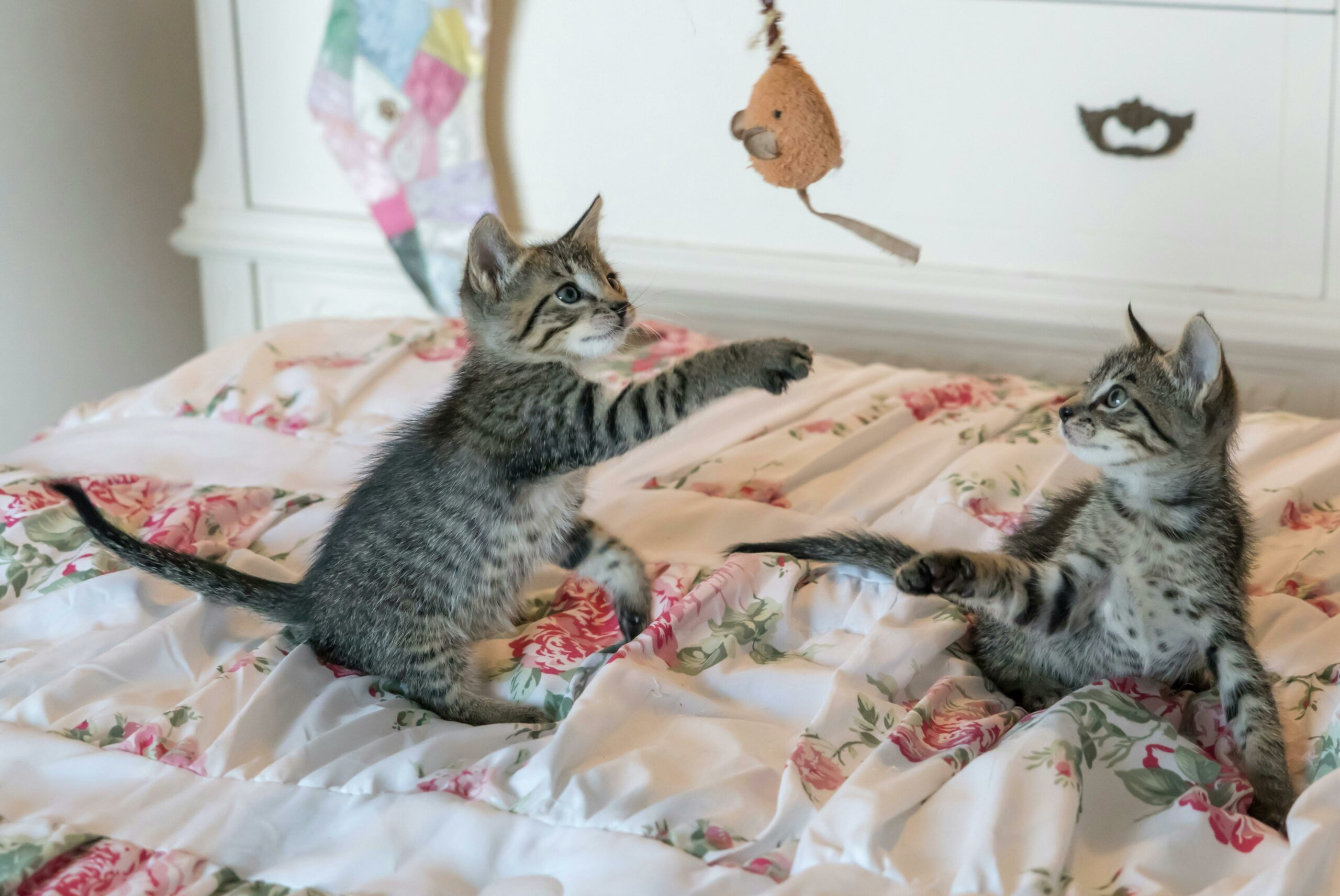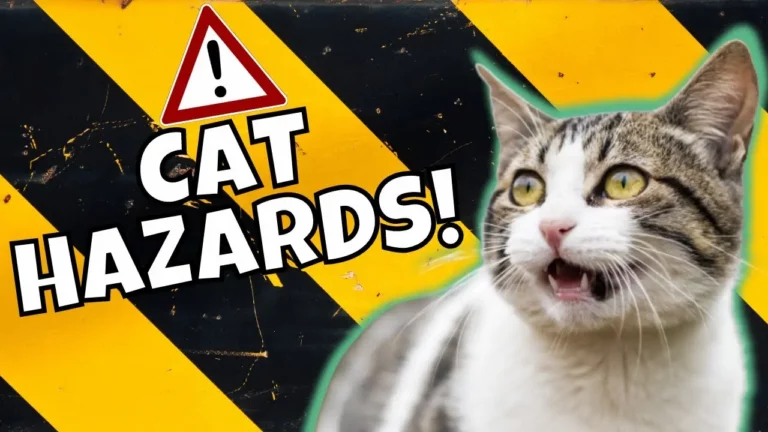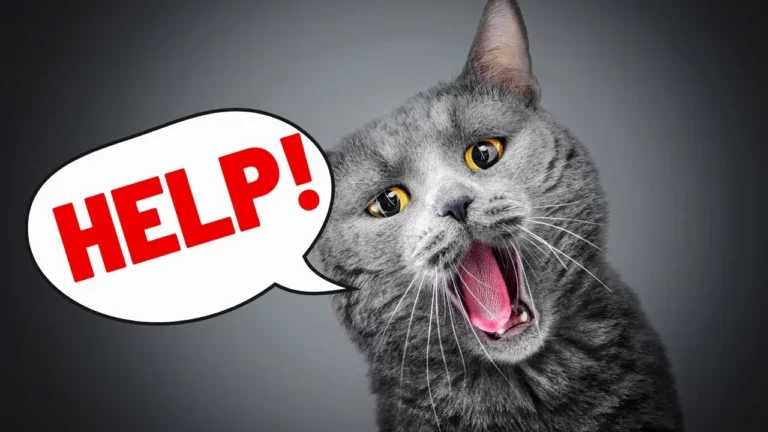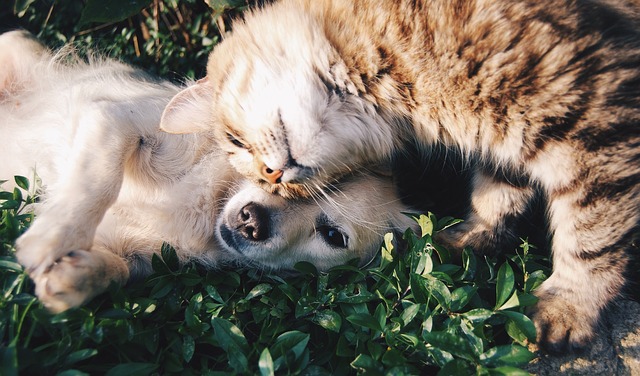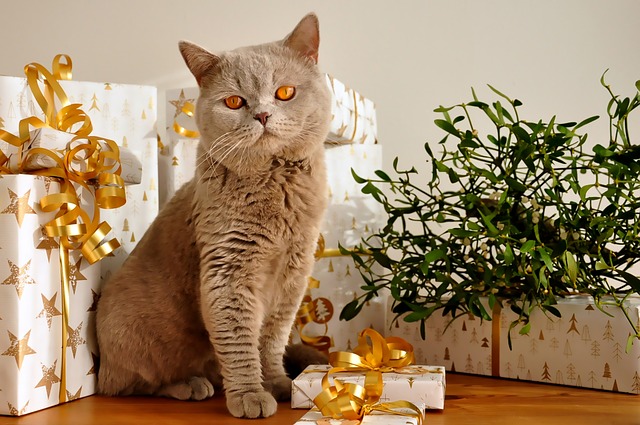When Do Cats Stop Growing?
When is your
Cats don’t grow (or age) like other animals, and we’ll make sure to answer the question in the title of this article below. We’ll also look at the life span of cats nowadays, the dangers that cats are exposed to and that affect their life span, and a bit of info on when different breeds reach adulthood.Â
When do cats stop growing?
Kittens grow fast until they reach the age of 6 months. They reach their full size somewhere between 6 and 12 months of age. Unfortunately, this doesn’t happen the same with all cats, which is why it is generally considered that a one-year-old
As is the case with humans, some cats can be more petite than others or can take a bit more time to develop. In any case, by the time your feline friend celebrates his or her first birthday, the growing process has ended.Â
How big can cats get?
You aren’t going to like the answer to this question — it varies from one breed to the other. Maine Coons are known to reach incredible weights, with some of the biggest individuals weighing in at a whopping 20 pounds. However, most domestic cats never get to be heavier than 10 pounds.Â
Your
When should you start feeding your cat food for adults?
Most veterinarians recommend that the transition from kitten food to adult
The breed makes all the difference
You have to consider your
Just so you know, the same rule applies to puppies, too. Larger breeds need more calcium for a longer amount of time and are more prone to developing rickets.
There are other variations in terms of the breed. For example, Siamese cats are more precocious, so they stop growing when they get to be 10 to 12 months. Persian cats stop growing when they are about 2 years old, whereas British Shorthairs take as many as 2-3 years to reach adulthood. Sphynx cats stop growing when they are about 1-year-old.Â
How do cats age?
There is this misconception according to which every year of a
Cats get to be ‘25’ in human years around the time they reach the age of 4. After that, they age differently, in that when they get to be around 20 to 21-years-old, they are as old as a 100-year-old person.Â
By the age of 4, a
Interesting facts about how cats age
Did you know that around in the 70s and 80s, the average life span of a domestic
But this is due to the fact that we take better care of our pets nowadays compared to how we did back in the 70s. Also, there were many developments made in veterinary medicine. Both therapies and drugs were improved drastically.Â
Prevention is now also a huge part of being a pet owner – almost everyone who has a
There are some diseases that humans can pick up from their pets. Cats have gotten a bad reputation because of toxoplasmosis, but this is a very easily preventable disease so long as the pet parent is informed with regard to what they’re supposed to do.Â
Why do cats live longer now?
On the one hand, they get better care and access to medical services faster. Indoor cats are known to live longer than their outdoor counterparts, simply because they are not exposed to the same number of dangers.Â
The great outdoors has larger predators, dogs that might not like cats, a variety of internal and external parasites, as well as cars. Simply put, if you keep your
On the other hand, the ‘living longer’ statement is debatable. Many people know that most cats actually live to be 12 to 15, and some of the lucky ones get to be older. But old age isn’t easy at all. Like us, cats can develop dementia, their internal organs can start to fail, they start being slower and experiencing pain, and worst of all, they can get cancer.Â
There are many studies which note that the prevalence of cancer in our feline friends has increased a lot over the past several decades. That is true from a statistical standpoint, but since cats didn’t tend to live for so long back in the day, the likelihood of them getting cancer was also quite slim. Obviously, that’s not the case nowadays.Â
Prevention is worth a pound of cure
If you’d like your feline buddy to be healthy and happy for as long as possible, you should pay attention to his/her behavior. Cats are extremely good at hiding illness, probably because they aren’t as extroverted as dogs.Â
Sometimes, however, if they are bothered by something, they might exhibit strange behaviors from peeing outside the litter box to spending lots of time sleeping. If this happens, perhaps you should look for several home odor elimination tips to handle the challenge.Â
There’s something very wrong (medically) with a
